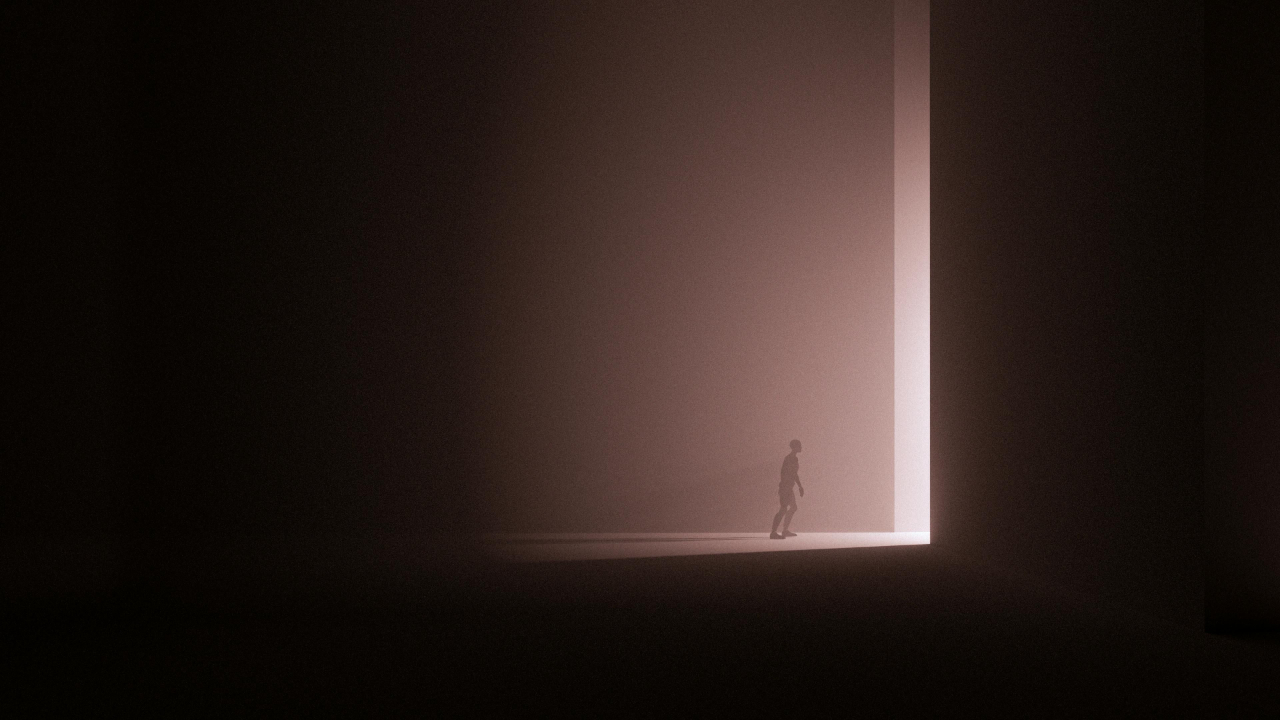
Elite Performers Don’t Ignore Blind Spots - Here’s Yours
Jul 15, 2025Is your biggest competitive edge hiding in plain sight?
You obsess over quarterly targets, board-room negotiations and investment strategies. Yet there’s one blind spot executives rarely audit: their own coping habits. Left unchecked, these “blind-spot behaviours” quietly erode performance, wellbeing and reputation.
At The TARA Clinic, we challenge high-achievers to treat addictive behaviours as the strategic vulnerability they are - so you can tackle them head-on, fine-tune your mindset, and reclaim full control.
What Is a Blind-Spot Behaviour?
A blind-spot behaviour is an automatic response you lean on under stress - often unnoticed until it backfires. For executives, common examples include:
-
Pouring a glass (or three) to “unwind” after a deal
-
Relying on stimulants to push through deadlines
-
Checking social media compulsively during strategic planning
These tactics may feel effective short-term, but they mask deeper drivers: stress avoidance, identity shields and unprocessed emotions. Ignoring them is like refusing to calibrate your most important performance metric: yourself.
Your 3-Question Blind-Spot Audit
Answer these now - and be100 % honest:
-
Under pressure, what’s your go-to relief?
A) A nightcap or after-work drink
B) A “just-one-more” line of… anything
C) Binge streaming to “switch off” -
How often do you wake up regretting last night’s coping choice?
A) Almost daily
B) Weekly
C) Rarely - so I’m not even sure -
When you slip, how do you respond?
A) Double down on willpower (“I’ll never do that again!”)
B) Ignore it and hope it goes away
C) Analyse your choice then move on
If you chose A or B more than once, you’ve just spotted a recurring pattern. This is your blind spot in action.
Why Identifying Your Blind Spot Matters
-
Performance Erosion: Unchecked coping habits lead to fatigue, impaired decision-making and reputational risk.
-
Identity Clash: High-achievers see themselves as in control - addictive bursts create cognitive dissonance that undermines confidence.
-
Cycle Reinforcement: Willpower alone rarely works. Without targeted insight, you’ll keep replaying the same “fail-and-resolve” loop.
By naming your blind-spot behaviour, you break the cycle at the first step: awareness.
Turning Awareness into Action
Once you’ve pinpointed your personal blind spot, here’s how to reframe it into a growth opportunity:
-
Step Back with Self-Leadership: Pause before the urge. Take three deep breaths and ask, “What am I really avoiding right now?”
-
Identity-Based Reframe: Shift self-talk from “I’m weak” to “I choose high performance.” Remind yourself of a recent professional win.
-
Flexible Structure: Replace the habit with a small ritual - five minutes of journaling, a brief walk, or a phone call to a trusted peer.
-
Strategic Psychology Tool: Use the HALT technique (Hungry, Angry, Lonely, Tired) to decode triggers and intervene early.
These techniques aren’t theory - they’re the backbone of our 3-Step Blueprint, proven to transform habits into strengths (learn more below).
Reveal Your Blind Spot & Next Step
Ready to turn your blind-spot into your breakthrough? Take our Free Recovery Quiz to discover your tailored pathway for lasting change:
https://www.thetaraclinic.com/quiz
FAQs
1. Are blind-spot behaviours really that common?
Absolutely. Even elite athletes and CEOs have performance-undermining habits. Research in the Harvard Business Review shows that leaders who audit personal blind spots see significant gains in decision-quality and resilience .
2. Can I self-audit, or do I need a coach?
You can start with self-audit questions, but working with a psychologist ensures you uncover hidden drivers and build customised strategies - speeding your progress.
3. What if my blind spot is more than just drinking?
Our framework covers all habits - alcohol, stimulants, screen addiction or even over-working. The core principle is the same: awareness plus strategic intervention.
About The TARA Clinic’s 3-Step Blueprint
-
Recovery Kickstarter (4 weeks): Clarity & quick wins through self-led modules and psychologist check-ins
-
Recovery Essentials (12 weeks): Deep habit rewiring in a private, online group or 1:1 setting
-
Empowered Recovery® (15 months): Long-term mastery and identity transformation with ongoing support
Each phase is structured like executive coaching, ensuring the flexibility, discretion and high-performance results you expect.

